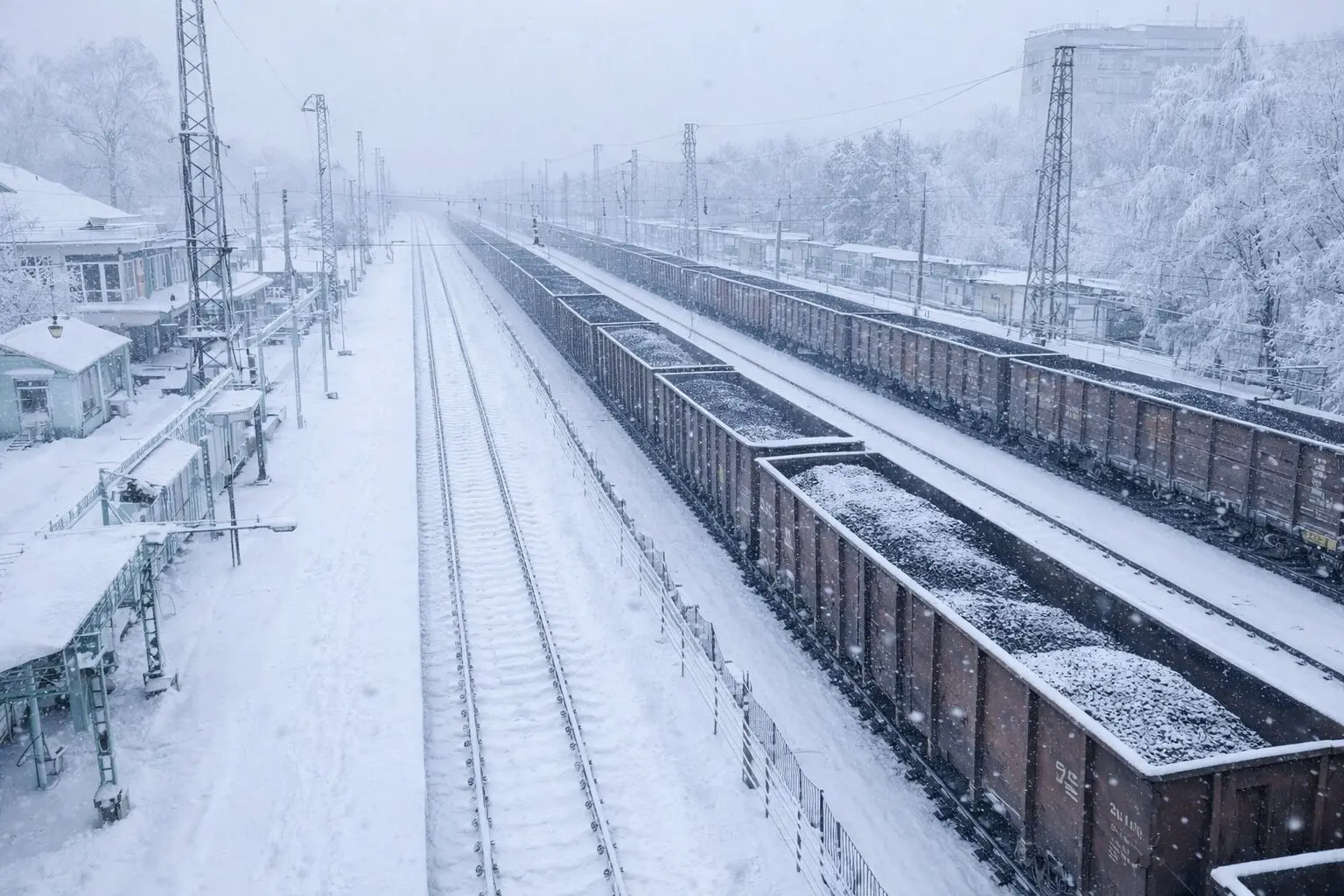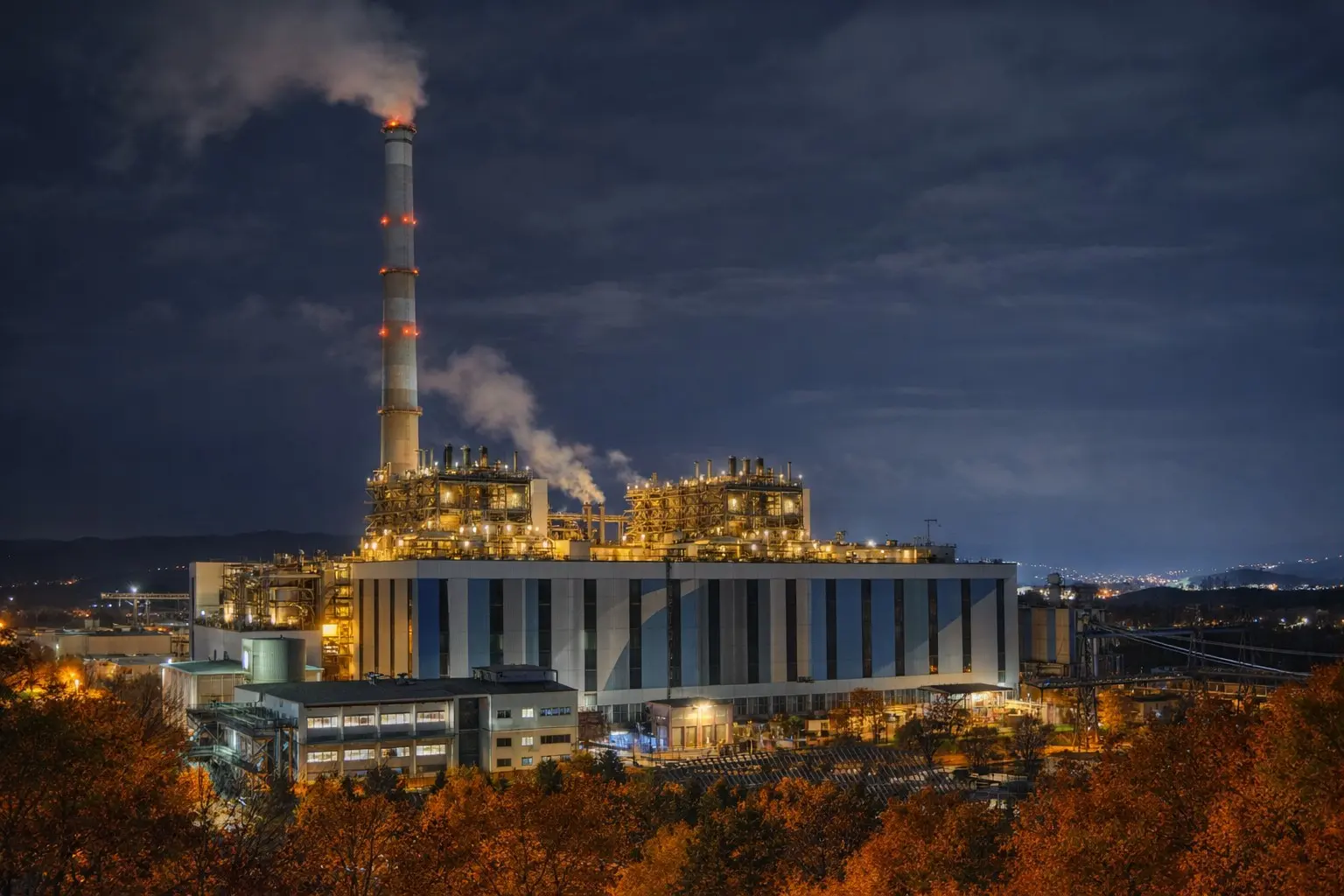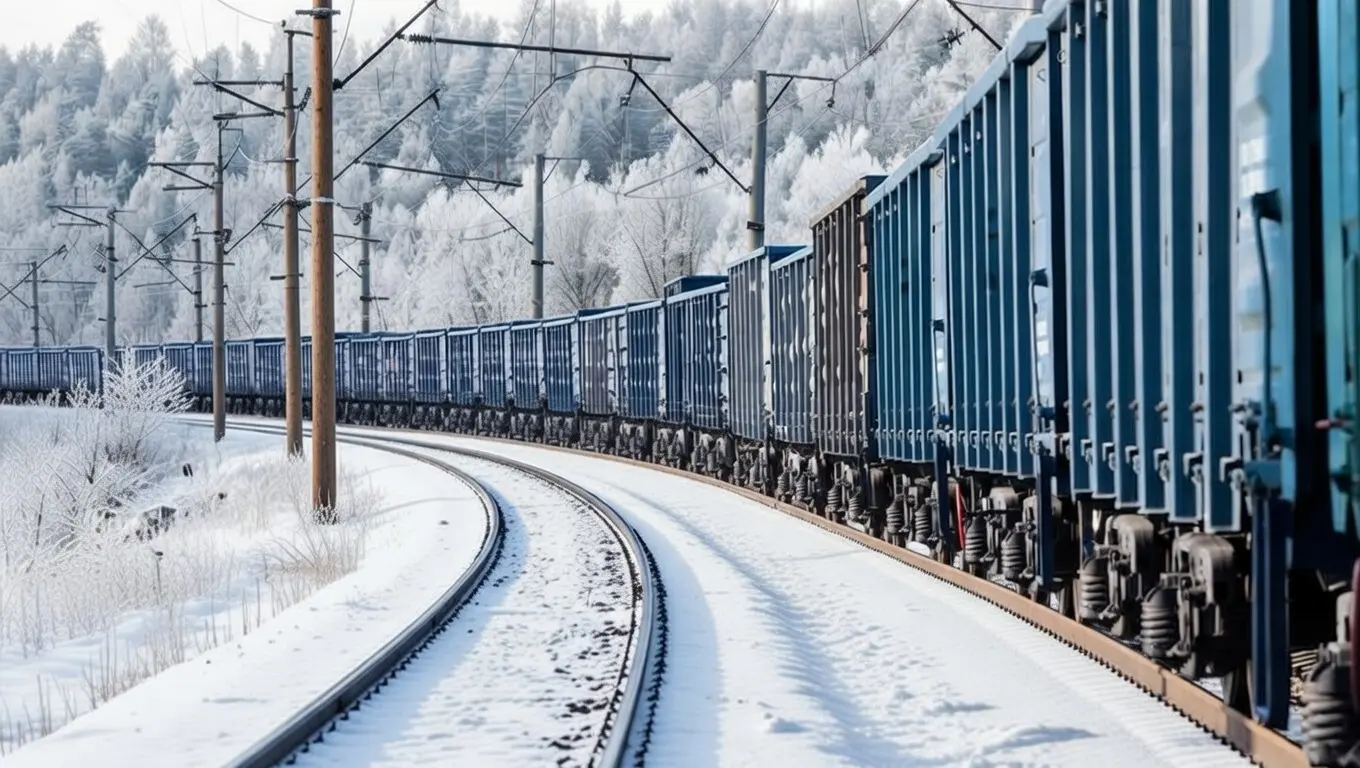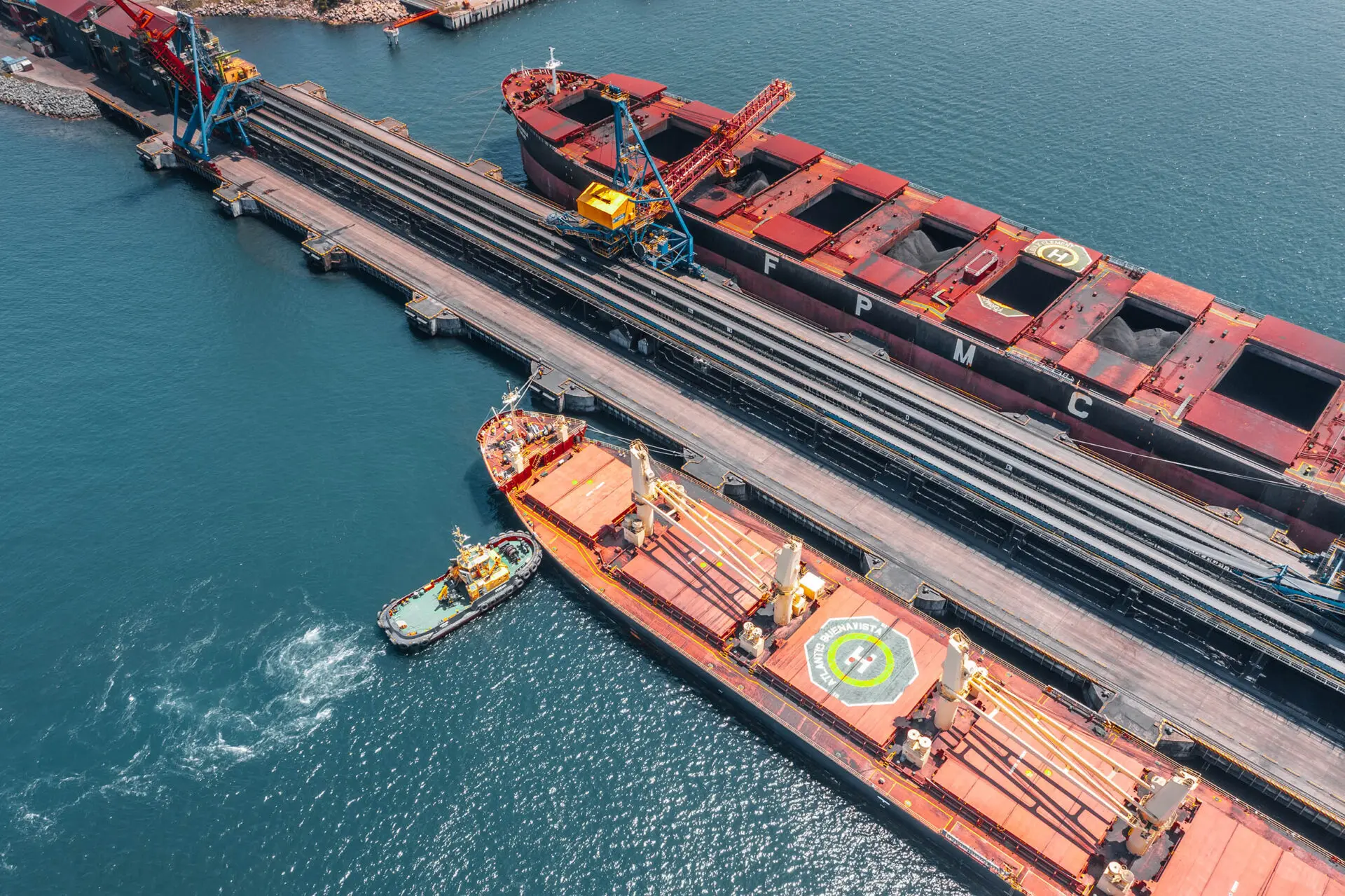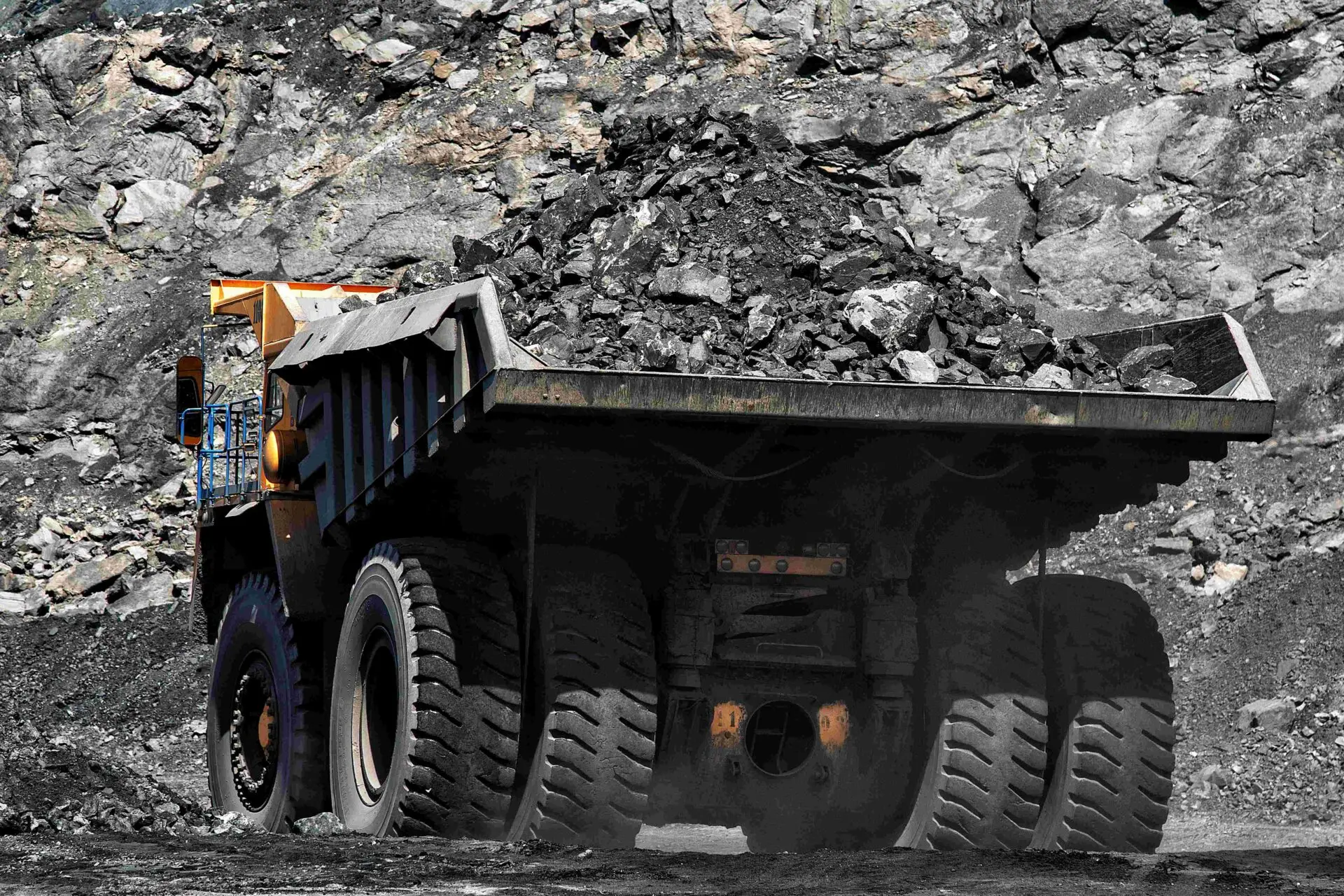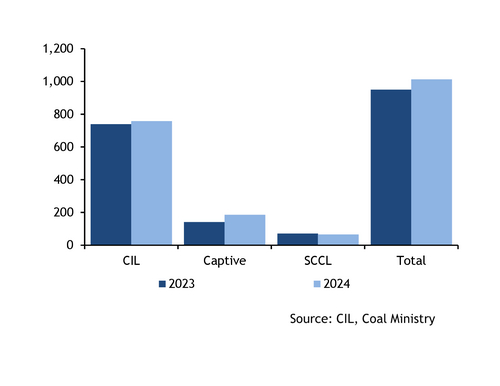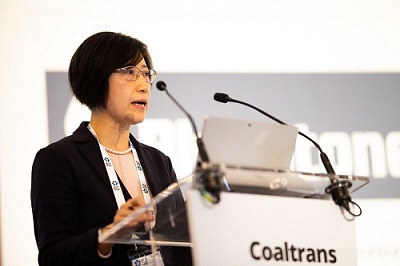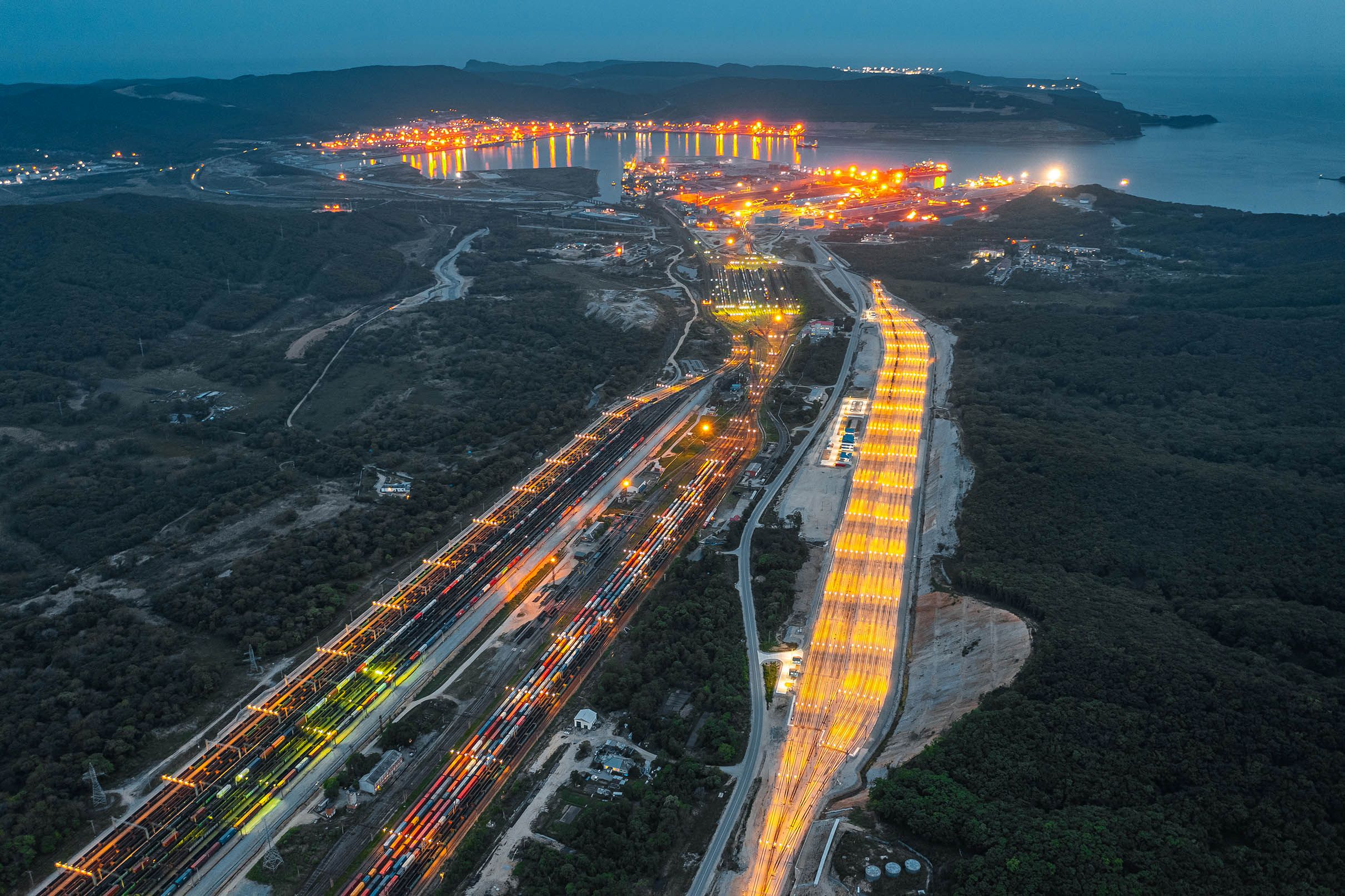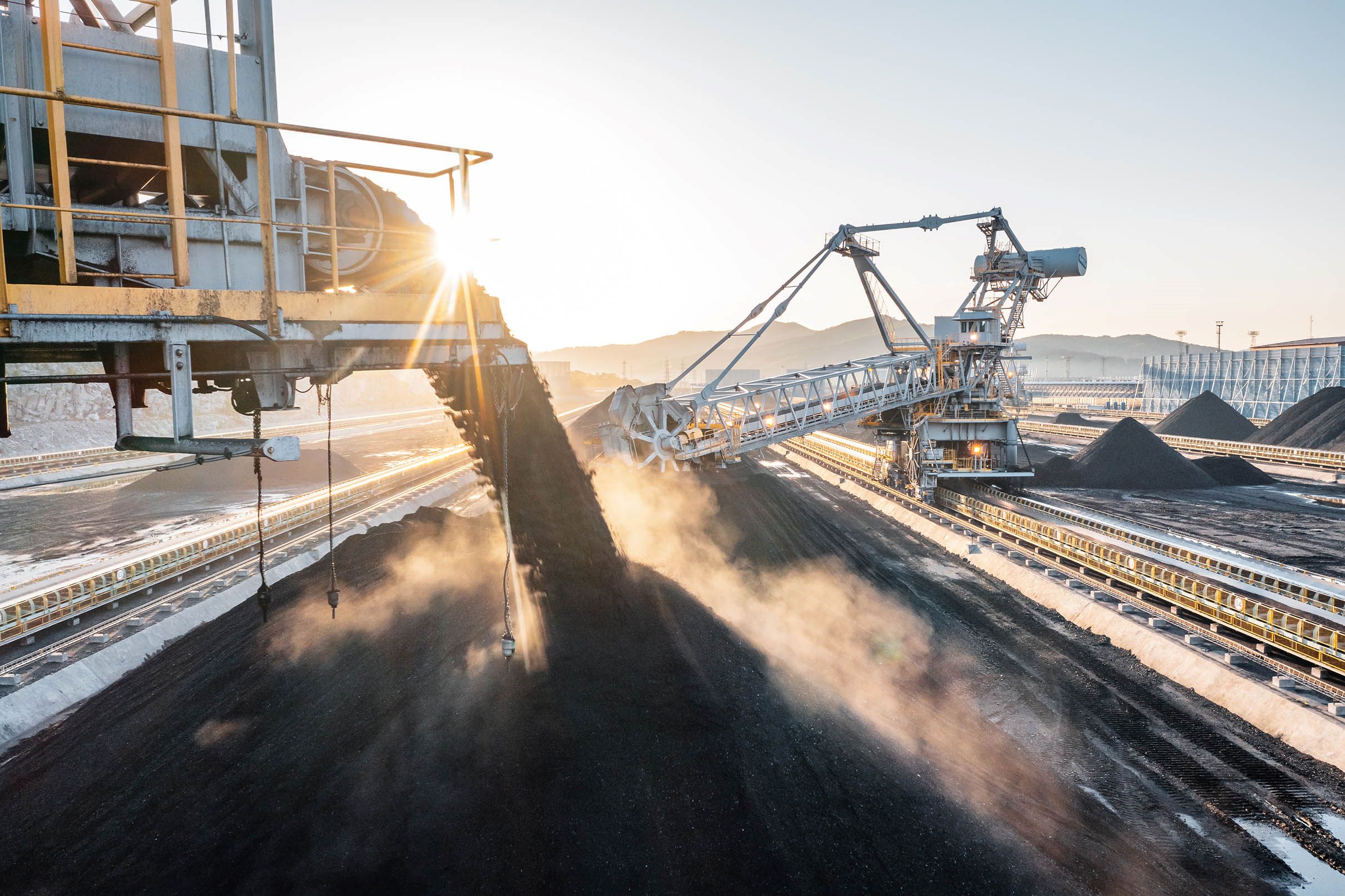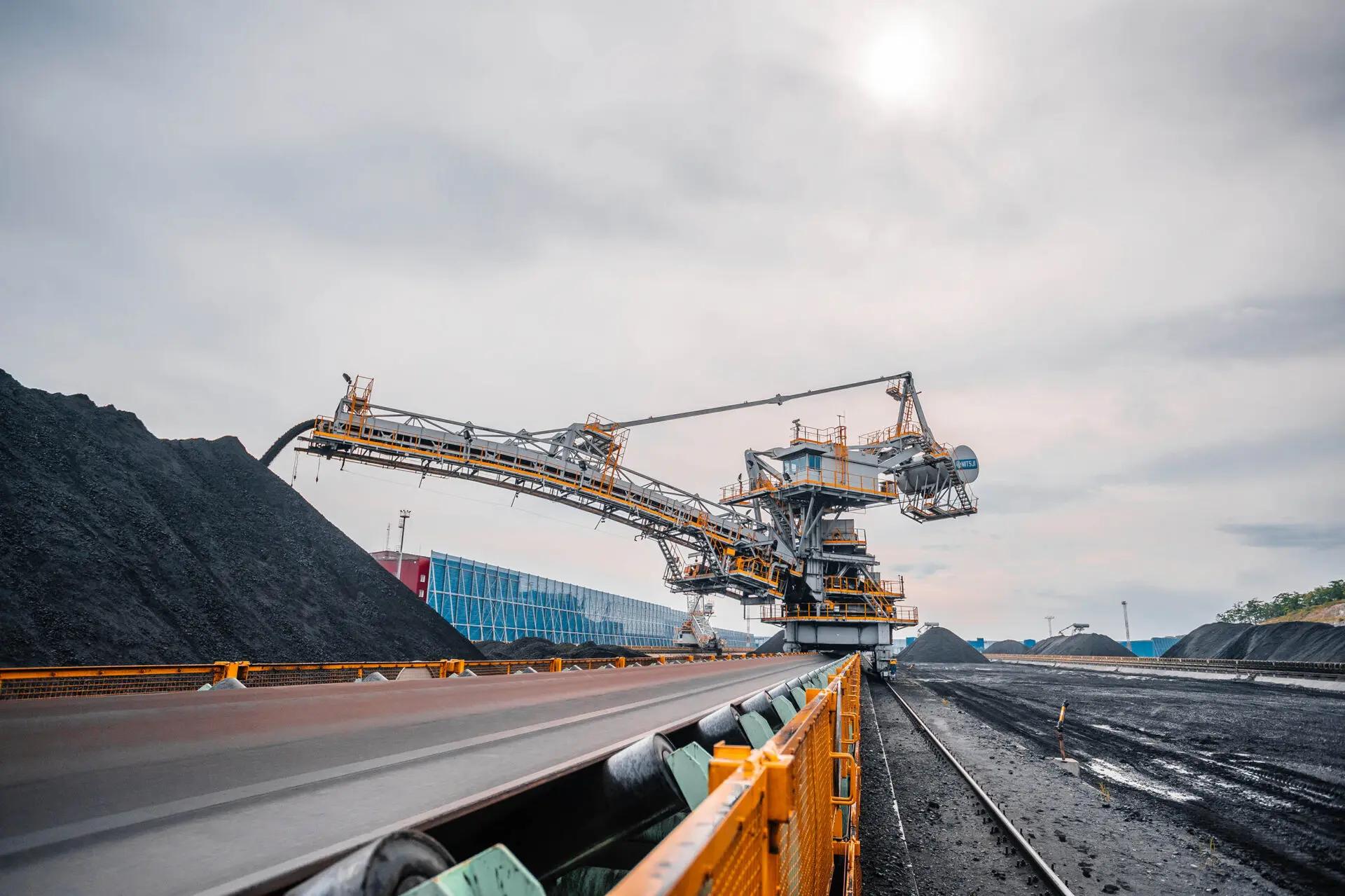
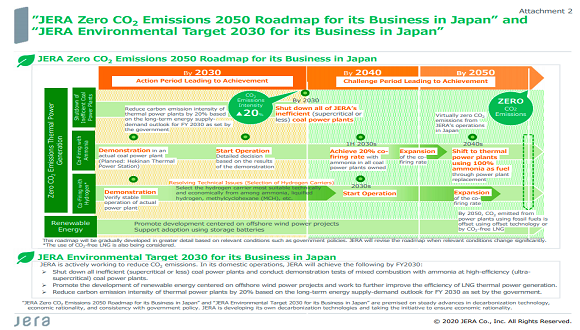
As a global company solving energy issues not only in Japan but also throughout the world, JERA Co., Inc. (“JERA”) considers global warming countermeasures to be one of its most important management issues. JERA established its current environmental goals in April 2019 and has been working to reduce CO2 emissions.
Thermal power generation using fossil fuels accounts for about 80% of Japan’s electricity demand but about 40% of its total CO2 emissions. Reducing CO2 emissions from thermal power generation is essential to realizing a low-carbon society.
As Japan’s largest power producer, JERA is in a position to actively lead the way in realizing a low-carbon society. To further accelerate its initiatives so far, and to clarify its long-term vision, JERA has established “JERA Zero CO2 Emissions 2050”, the goal of achieving zero CO2 emissions by 2050.
JERA has also formulated a roadmap for achieving “JERA Zero CO2 Emissions 2050” for its business in Japan and established new environmental targets to be achieved by 2030. JERA’s targets including “JERA Zero CO2 Emissions 2050” are premised on advances in decarbonization technology, economic rationality, and consistency with government policies.
JERA Zero CO2 Emissions 2050
Under “JERA Zero CO2 Emissions 2050,” JERA aims to achieve, by 2050, virtually zero CO2 emissions from JERA’s operations in Japan and overseas by taking the following three approaches:
JERA will achieve Zero CO2 emissions through a combination of renewable energy and zero CO2 emission thermal power generation. The adoption of renewable energy is supported by thermal power generation capable of generating electricity regardless of natural conditions. JERA will promote the adoption of greener fuels and pursue thermal power that does not emit CO2 during power generation.
Zero CO2 emissions will be achieved by establishing roadmaps that show optimal solutions for each country and region. Since the energy situation is different for each country and region—such as the presence of regional transmission lines or pipelines and the types of renewable energy that could be adopted—JERA will work with stakeholders on a country and regional basis to establish roadmaps. We have developed a roadmap for our business in Japan and will extend this approach to other countries and regions.
Zero CO2 emissions will be achieved through a combination of technologies that are available and reliable at the time adoption decisions are made, lowering technical risk and smoothing the transition to a green society.
JERA Zero CO2 Emissions 2050 Roadmap for its Business in Japan
JERA’s first step in aiming to achieve zero CO2 emissions in its domestic and overseas businesses by 2050 was to establish a “JERA Zero CO2 Emissions 2050 Roadmap for its Business in Japan.”
The main pillars of the roadmap are the shutdown of all inefficient coal power plants (supercritical or less) by 2030, and a gradual increase in the ratio of mixed combustion of fossil fuels, ammonia, and hydrogen at thermal power plants. Going forward, JERA will gradually develop, the roadmap in greater detail based on relevant conditions such as government policies.
JERA Environmental Target 2030 for its Business in Japan
Following the “JERA Zero CO2 Emissions 2050 Roadmap for its Business in Japan,” JERA has established “JERA Environmental Target 2030 for its Business in Japan,” committing it to achieve the following targets by 2030:
・Shut down all inefficient (supercritical or less) coal power plants and conduct demonstration tests of mixed combustion with ammonia at high-efficiency (ultra-supercritical) coal power plants.
・Promote the development of renewable energy centered on offshore wind power projects and work to further improve the efficiency of LNG thermal power generation.
・Reduce carbon emission intensity of thermal power plants by 20% based on the long-term energy supply-demand outlook for FY 2030 as set by the government.
Although there remain many issues to be resolved under current technology in order to realize “JERA Zero CO2 Emissions 2050,” JERA will continue its own active efforts to develop decarbonization technologies and ensure economic rationality.
In addition, JERA will continue to be a leader in decarbonization in the energy industry by tackling various issues in cooperation with related organizations, groups, and stakeholders.
Source: JERA.co.jp

